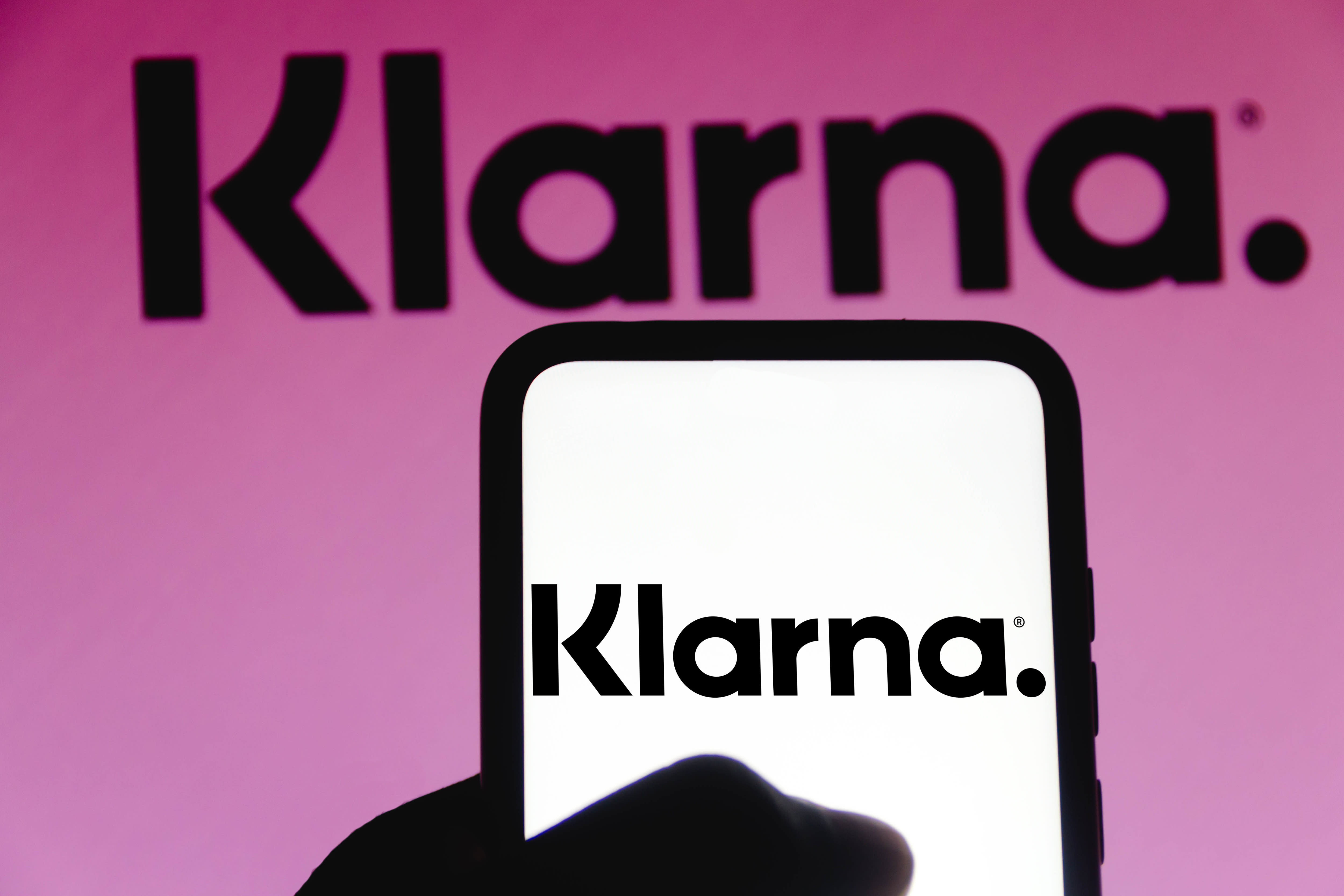LONDON — Europe’s tech sector has already attracted more venture capital investment so far this year than it did throughout the whole of 2020, according to data shared with CNBC.
Start-ups in the continent have raised a whopping 43.8 billion euros ($60.9 billion) in the first six months of 2021, figures from Dealroom show, easily surpassing the record 38.5 billion euros invested in 2020.
That’s despite the fact that the number of venture deals signed so far is around half the amount agreed in 2020. About 2,700 funding rounds have been raised so far in 2021, versus 5,200 last year, according to Dealroom.
Swedish buy-now-pay-later firm Klarna has raised over $1.6 billion in two financing rounds already this year, German stock trading app Trade Republic bagged $900 million in a May fundraise and British payments provider Checkout.com snapped up $450 million in January.
It suggests that European tech firms are pulling in far larger sums of money per investment than in previous years, defying the economic uncertainty of the coronavirus pandemic, which provided a big boost to online services.
Guillaume Pousaz, CEO of Checkout.com, said start-ups have often been created in times of crisis, citing the emergence of several new financial technology companies in the wake of the 2008 global financial crisis.
“When people lose their jobs, people actually spend a lot of time at home or have to reconsider their lives,” Pousaz told CNBC’s Squawk Box Europe during the Viva Technology conference in Paris.
“When there’s a big transformational change in society, it’s quite often the time that you get the the emergence of a lot of new start-ups. We are particularly excited for this opportunity.”
On Tuesday, French President Emmanuel Macron said he wanted to see the creation of at least 10 tech companies in Europe worth over 100 billion euros each by 2030. While Europe is now home to many unicorns — start-ups valued at over $1 billion — it is yet to produce a company with the scale of American and Chinese tech giants.
Scale-Up Europe, a group that includes the founders of UiPath and Wise, proposed 21 recommendations to help the region build “the next generation of tech giants.” Among the suggestions are tax credits to corporates for investing in start-ups and regulatory changes that adapt to new innovations.
Sebastian Siemiatkowski, CEO of Klarna, said the U.K. leads Europe when it comes to tech policy, and that there are a number of issues that need to be addressed before the European Union can produce tech giants of its own.
“I am concerned with how the regulatory environment in the European Union has developed,” he told CNBC, adding that Britain is focused on rules that make it easier for consumers to move from one tech service to another.
Siemiatkowski highlighted EU regulation of web cookies as an example of “poor regulation,” given the multitude of consent messages users receive when they visit various websites. “It’s driving us to become more complacent and less worried about privacy rather than the opposite,” he said.
“I hope to see now that the European Union steps up and starts writing really good regulation that helps the liberty and movement of consumers to increase competition in spaces like retail banking but also technology in general,” Siemiatkowski added.
Still, as the number of $1 billion start-ups in Europe continues to grow, the number of exits in the continent is also increasing. This year has already seen some notable acquisitions, including Etsy’s $1.6 billion purchase of U.K. fashion resale app Depop and JPMorgan’s takeover of London robo-advisor Nutmeg.
As for stock market listings, a number of notable debuts have taken place in London in particular, including food delivery app Deliveroo, cybersecurity firm Darktrace and reviews site Trustpilot. Money transfer giant Wise, formerly known as TransferWise, plans to go public in the U.K. capital soon.
Siemiatkowski said it was too early to tell when Klarna, which was last privately valued at $45.6 billion, would go public, but that it was likely to happen in the next one or two years. Pousaz said a Checkout.com IPO was unlikely to happen soon but “of course one day we will be a public company.”
